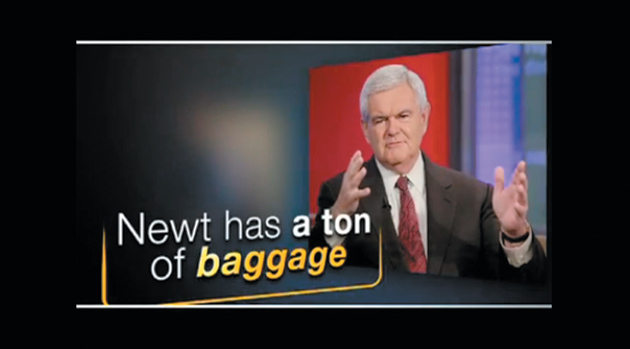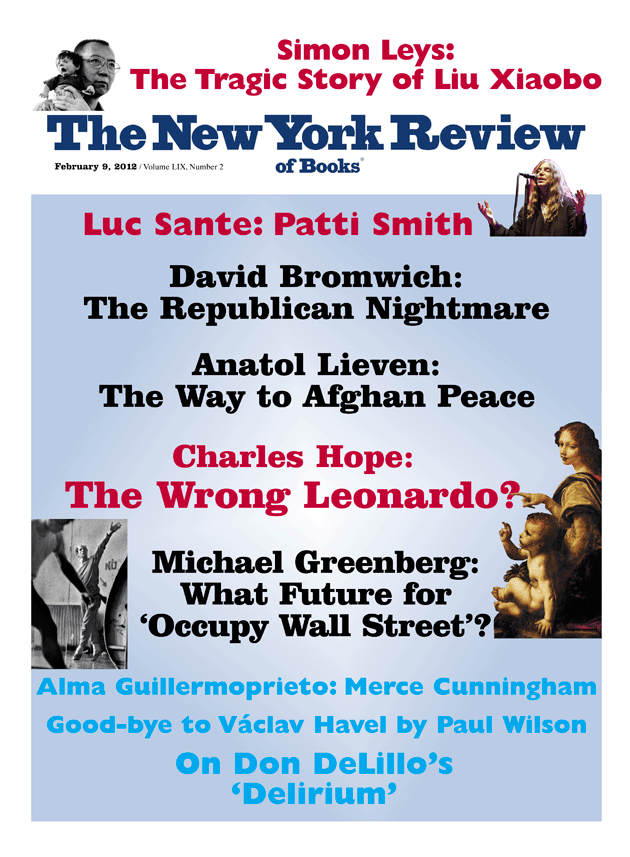Every election year brings vivid reminders of how money distorts our politics, poisons our lawmaking, and inevitably widens the gulf between those who can afford to buy influence and the vast majority of Americans who cannot. In 2012, this gulf will become a chasm: one analysis predicts that campaign spending on presidential, congressional, and state elections may exceed $6 billion and all previous records. The Supreme Court has held that money is in effect speech, it talks; and those without big money have become progressively voiceless.
That it may cost as much as a billion dollars to run for president is scandal enough, but the multimillions it now takes to pursue or defend a seat in Congress are even more corrupting. Many of our legislators spend hours of every day begging for contributions from wealthy constituents and from the lobbyists for corporate interests. The access and influence that they routinely sell give the moneyed a seat at the tables where laws are written, to the benefit of those contributors and often to the disadvantage of the rest of us.
And why do the candidates need all that money? Because electoral success requires them to buy endless hours of expensive television time for commercials that advertise their virtues and, more often, roundly assail their opponents with frequently spurious claims. Of the more than a billion dollars spent on political commercials this year, probably more than half will go for attack ads.
It has long been obvious that television ads dominate electioneering in America. Most of those thirty-second ads are glib at best but much of the time they are unfair smears of the opposition. And we all know that those sordid slanders work—the more negative the better—unless they are instantly answered with equally facile and equally expensive rebuttals.
Other election expenses pale beside the ever larger TV budgets. Campaign staffs, phone and e-mail solicitations, billboards and buttons and such could easily be financed with the small contributions of ordinary voters. But the decisive TV competitions leave politicians at the mercy of self-interested wealthy individuals, corporations, unions, and groups, now often disguised in “Super PACs” that can spend freely on any candidate so long as they are not overtly coordinating with that candidate’s campaign. Even incumbents who face no immediate threat feel a need to keep hoarding huge war chests with which to discourage potential challengers. Senator Charles Schumer of New York, for example, was easily reelected to a third term in 2010 but stands poised five years before his next run with a rapidly growing fund of $10 million.
A rational people looking for fairness in their politics would have long ago demanded that television time be made available at no cost and apportioned equally among rival candidates. But no one expects that any such arrangement is now possible. Political ads are jealously guarded as a major source of income by television stations. And what passes for news on most TV channels gives short shrift to most political campaigns except perhaps to “cover” the advertising combat.
As a political reporter and editor, I concluded long ago that efforts to limit campaign contributions and expenditures have been either disingenuous or futile. Most spending caps are too porous. In fact, they have further distorted campaigns by favoring wealthy candidates whose spending on their own behalf the Supreme Court has exempted from all limitations. And the public has overwhelmingly rejected the use of tax money to subsidize campaigning. In any case, private money that wants to buy political influence tends to behave like water running downhill: it will find a way around most obstacles. Since the Court’s decision in the 2010 Citizens United case, big money is now able to find endless new paths, channeling even tax-exempt funds into political pools.
There are no easy ways to repair our entire election system. But I believe that a large degree of fairness could be restored to our campaigns if we level the TV playing field. And given the television industry’s huge stake in paid political advertising, it (and the Supreme Court) would surely resist limiting cam- paign ads, as many European countries do. With so much campaign cash floating around, there is only one attractive remedy I know of: double the price of political commercials so that every candidate’s purchase of TV time automatically pays for a comparable slot awarded to an opponent. The more you spend, the more your rival benefits as well. The more you attack, the more you underwrite the opponent’s responses. The desirable result would likely be that rival candidates would negotiate an arms control agreement, setting their own limits on their TV budgets and maybe even on their rhetoric.
Advertisement
But how could we enact such a double-fee-for-fairness rule?
Ideally, Congress would make it a law, calling it a tax for democracy and daring the Supreme Court to strike down a scheme that actually produces more speech. But would incumbents in Congress really vote to give their challengers a fairer shot? Probably not.
So the next best thing would be for the Federal Communications Commission to use its power over the airwaves and the TV spectrum to impose the double-fee scheme. It would be an economic revival of the Fairness Doctrine and Equal Time Rule that once governed political expression on the air. Congress struck them down and could again object, but now it would be visibly undermining a conspicuously fair reform.
That failing, we might still be able to shame the television industry into adopting the idea without compulsion and finally acknowledging its pivotal influence in our democracy. Our communications are controlled by so few media corporations that it shouldn’t be difficult to target them with focused demands for such a reform. The TV companies would have to cope with a few tricky administrative details—how to define “comparable” time and how to deal with third-party or fourth-party candidates. But the main idea seems to me sensible, workable, and self-enforcing.
Fairness, anyone?
—January 12, 2012
This Issue
February 9, 2012
The Wrong Leonardo?
Václav Havel (1936–2011)
The Republican Nightmare



